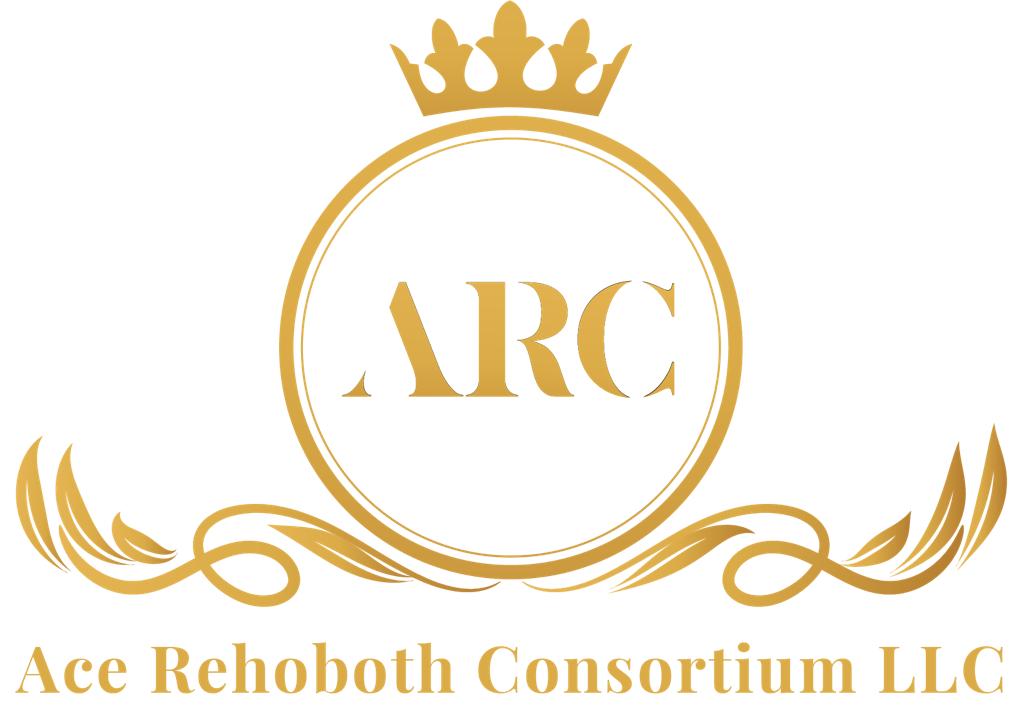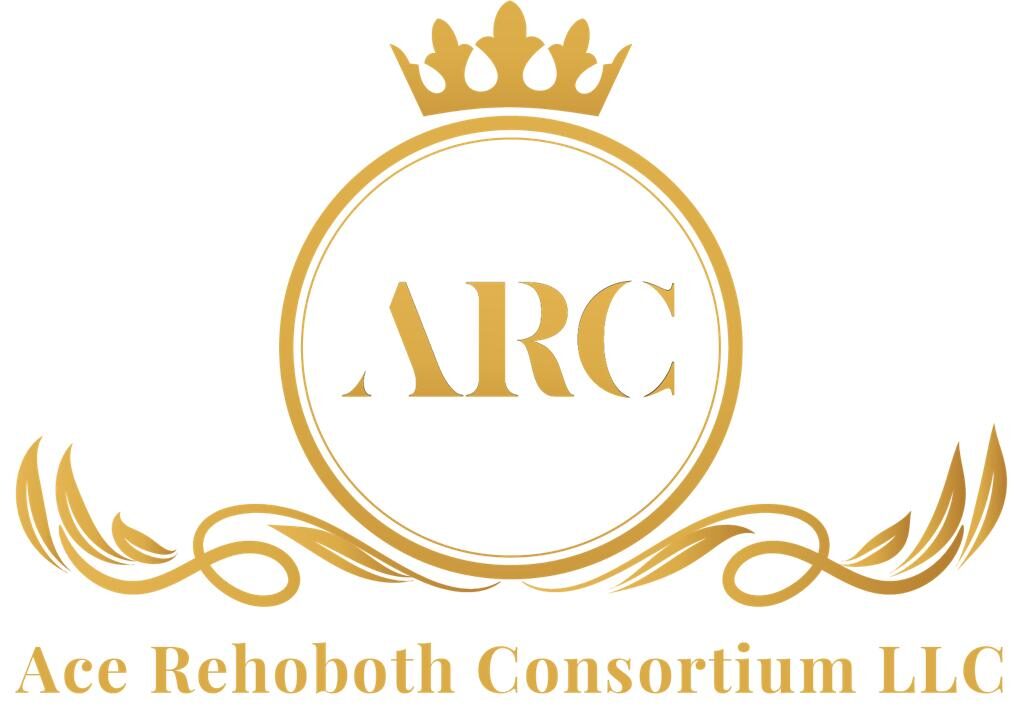
Financial stability is the cornerstone of a secure and fulfilling life. Yet, achieving it can be daunting without the right knowledge and tools. Financial education plays a critical role in guiding individuals through the complexities of managing money, protecting assets, and planning for the future. This blog explores the essential components of a solid financial foundation and offers practical advice for building and maintaining it.
Understanding Your Current Financial Situation
Before you can build a strong financial foundation, it’s essential to understand your current financial situation. This involves assessing your income, expenses, debts, savings, and investments. By gaining a clear picture of where you stand financially, you can identify areas that need improvement and set realistic goals for the future.
Start by asking yourself these key questions:
– What is my total income from all sources?
– How much do I spend each month, and where can I cut costs?
– What are my current debts, and what are the interest rates?
– How much do I have in savings and investments?
Self-awareness is crucial in financial planning. Understanding your habits, strengths, and weaknesses will enable you to make informed decisions that align with your long-term goals.
The Pillars of a Strong Financial Foundation
A strong financial foundation is built on four key pillars: Proper Protection, Debt Management, Emergency Fund, and Investment. Each pillar supports the others, creating a stable structure that can withstand financial challenges and uncertainties.
Proper Protection
Proper protection is the first and most fundamental pillar of a strong financial foundation. It refers to safeguarding yourself and your family against unexpected events that could lead to financial hardship. This includes having the right insurance coverage, such as life insurance, health insurance, and disability insurance.
Life insurance, for example, ensures that your loved ones are financially secure if something happens to you. Health insurance protects you from the high costs of medical care, while disability insurance provides income if you are unable to work due to illness or injury.
Building proper protection starts with assessing your current needs and risks. Consider your family situation, income level, and financial obligations when choosing the right insurance policies. Proper protection provides peace of mind, knowing that you are prepared for life’s uncertainties.
Debt Management
Debt management is the second pillar of a strong financial foundation. It involves understanding, managing, and ultimately eliminating debt. While some debt, like a mortgage, can be considered good debt, high-interest credit card debt can be detrimental to your financial health.
Effective debt management starts with understanding the difference between good and bad debt. Good debt is typically low-interest and can lead to long-term financial growth, such as a mortgage or student loan. Bad debt, on the other hand, often carries high-interest rates and doesn’t contribute to your financial well-being.
To manage debt, prioritize paying off high-interest debts first while making minimum payments on lower-interest debts. Consider debt consolidation or refinancing to reduce interest rates and simplify payments. The goal is to reduce and eventually eliminate debt, freeing up resources for saving and investing.
Emergency Fund
An emergency fund is an essential part of a strong financial foundation. It acts as a safety net, providing financial security in case of unexpected events, such as job loss, medical emergencies, or major home repairs. Without an emergency fund, you may be forced to rely on credit cards or loans, which can lead to financial instability.
Building an emergency fund should be a priority. Aim to save at least three to six months’ worth of living expenses in a separate, easily accessible account. Start small if necessary, and consistently contribute to your fund over time.
Maintaining an emergency fund requires discipline. Avoid dipping into it for non-emergencies and replenish it as needed. A well-funded emergency account provides peace of mind, knowing that you’re prepared for life’s surprises.
Investment
Investment is the final pillar of a strong financial foundation. It’s the key to growing your wealth and achieving long-term financial goals, such as retirement, education, or buying a home. Investment allows your money to work for you, generating returns that can outpace inflation and build wealth over time.
There are various types of investments, including stocks, bonds, mutual funds, real estate, and more. The right investment strategy depends on your risk tolerance, time horizon, and financial goals. Diversification is crucial to managing risk, so consider spreading your investments across different asset classes.
Investing requires patience and a long-term perspective. Avoid making impulsive decisions based on market fluctuations. Instead, focus on your long-term goals and stay committed to your investment plan. Regularly review and adjust your portfolio as needed to stay on track.
From Current Situation to Future Goals
Building a strong financial foundation is a journey that requires time, effort, and commitment. The first step is bridging the gap between your current financial situation and your future goals. This involves setting measurable, attainable goals and creating a plan to achieve them.
Start by prioritizing your financial goals, such as paying off debt, building an emergency fund, or investing for retirement. Break down these goals into smaller, manageable steps, and track your progress regularly. Adjust your plan as needed to stay on course.
Remember that financial planning is an ongoing process. Regularly review your financial situation, adjust your goals, and stay informed about changes in the financial landscape. Continuous financial education is key to making informed decisions and adapting to new challenges.
Conclusion
Building a strong financial foundation is essential for achieving financial security and peace of mind. By focusing on proper protection, debt management, emergency funds, and investment, you can create a stable financial structure that supports your long-term goals.
Financial education is the foundation of financial success. It empowers you to make informed decisions, avoid common pitfalls, and take control of your financial future. Start building your financial foundation today, and take the first step toward a secure and prosperous future.

